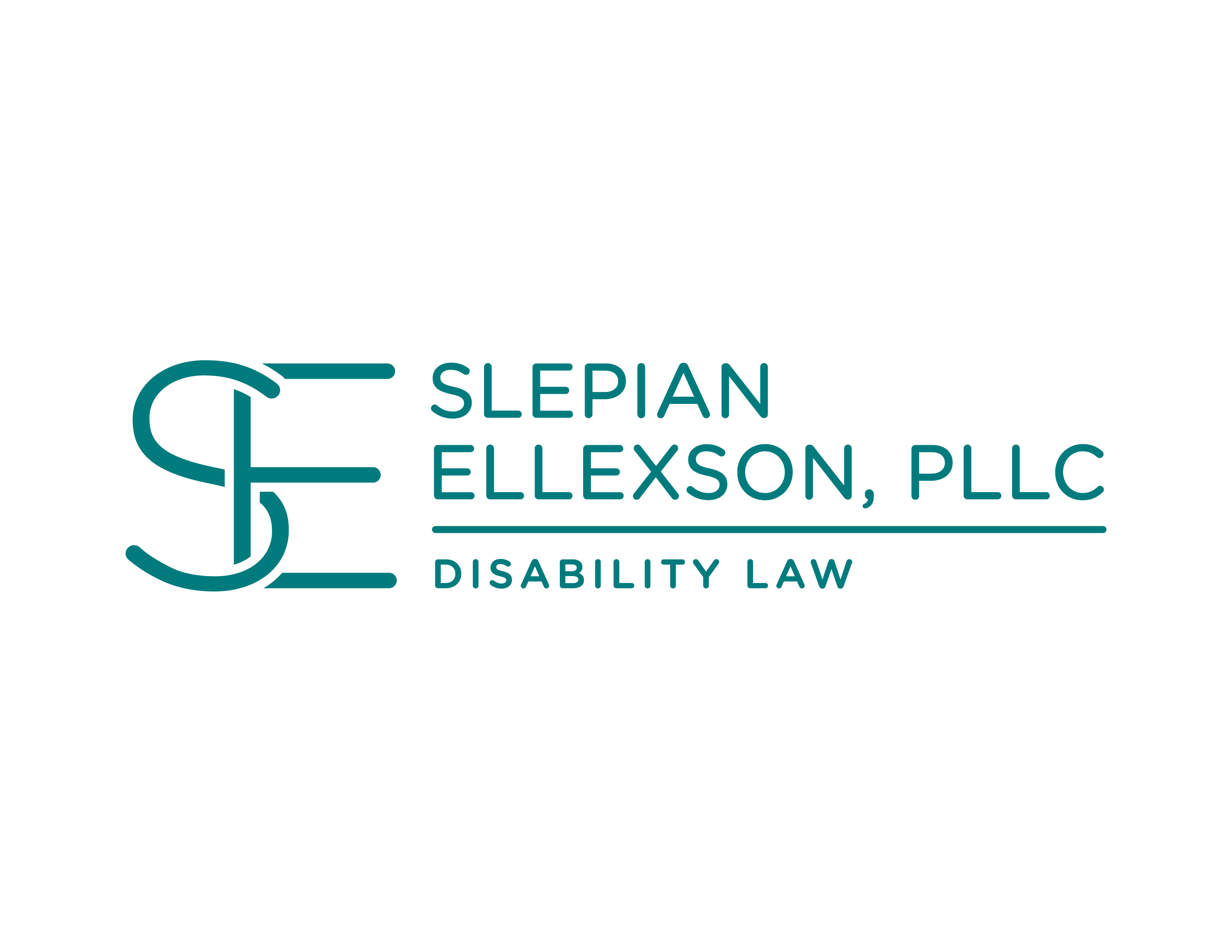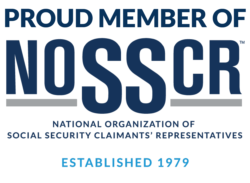Intellectual disabilities: Not the same as learning disabilities
Published on August 23rd, 2018 by Eric Slepian
In a previous post, we discussed the fact that the Social Security Administration (SSA) doesn’t always consider learning disabilities to be disabling for the purposes of benefits, especially for adults.
However, it is important not to confuse learning disabilities with intellectual disabilities. The former refers to limitations on a person’s academic skills; the latter refers to people with low IQs who struggle or are unable to carry out daily living tasks.
This distinction is important for many reasons.
First, while both types of disabilities affect a person’s learning, an intellectual disability also affects a person’s adaptive behaviors. This includes social, communication and personal care skills.
Second, properly identifying a person’s condition will affect the treatment and support he or she receives. Someone with a learning disability may need to learn skills that help them understand and process information differently. Someone with an intellectual disability may require treatment addressing not only learning challenges, but also social and self-care limitations.
Finally, the distinction is important because people with intellectual disabilities may be more likely to qualify for disability benefits (both Social Security Disability and Supplemental Security Income) because these conditions can have a greater impact on a person’s ability to work in a significant capacity.
Further, note that while both learning and intellectual disorders fall under the mental disorders category of impairments established by the SSA, the criteria for determining disability are different for intellectual disabilities and learning disabilities. And the requirements vary between adults and children as well.
As such, it is important for anyone with questions regarding benefits for intellectual disabilities to consult an experienced attorney. The eligibility requirements and application process can be intimidating and confusing, and having legal guidance to help you navigate the system can be quite helpful in seeking the benefits you or a loved one may be eligible to receive.



